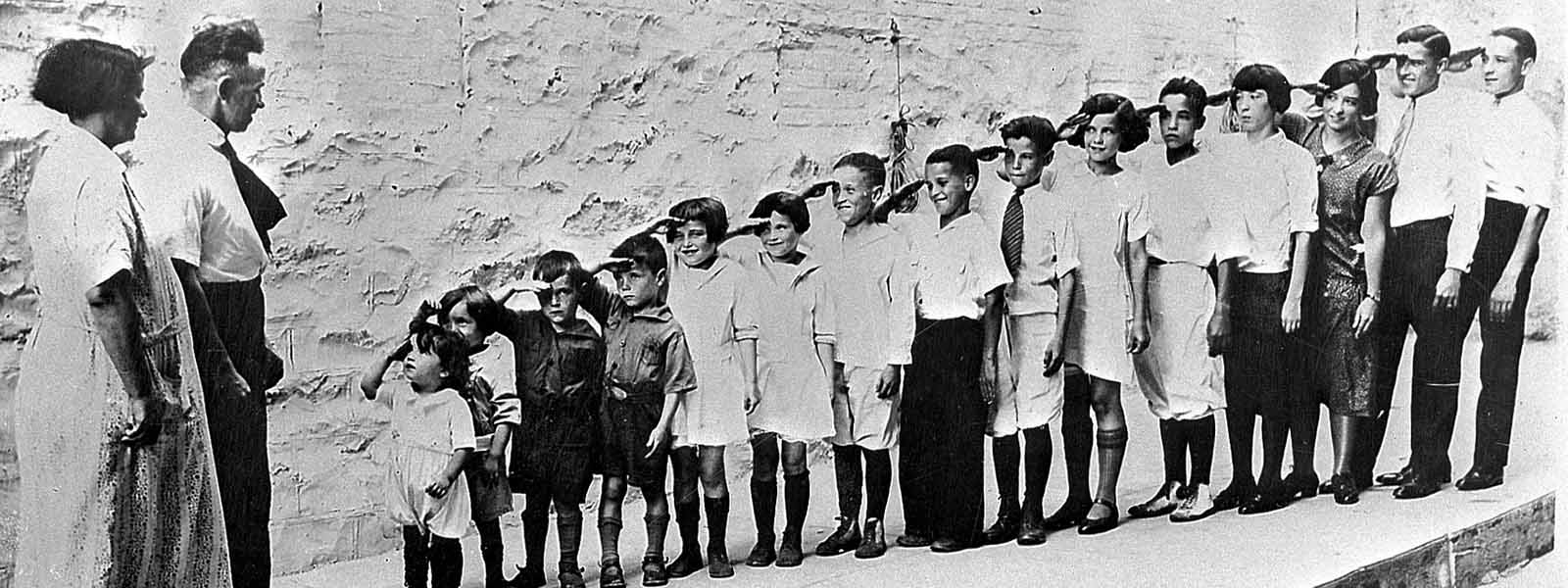
Centre for the Social History of Health & HealthcareMeet our experts
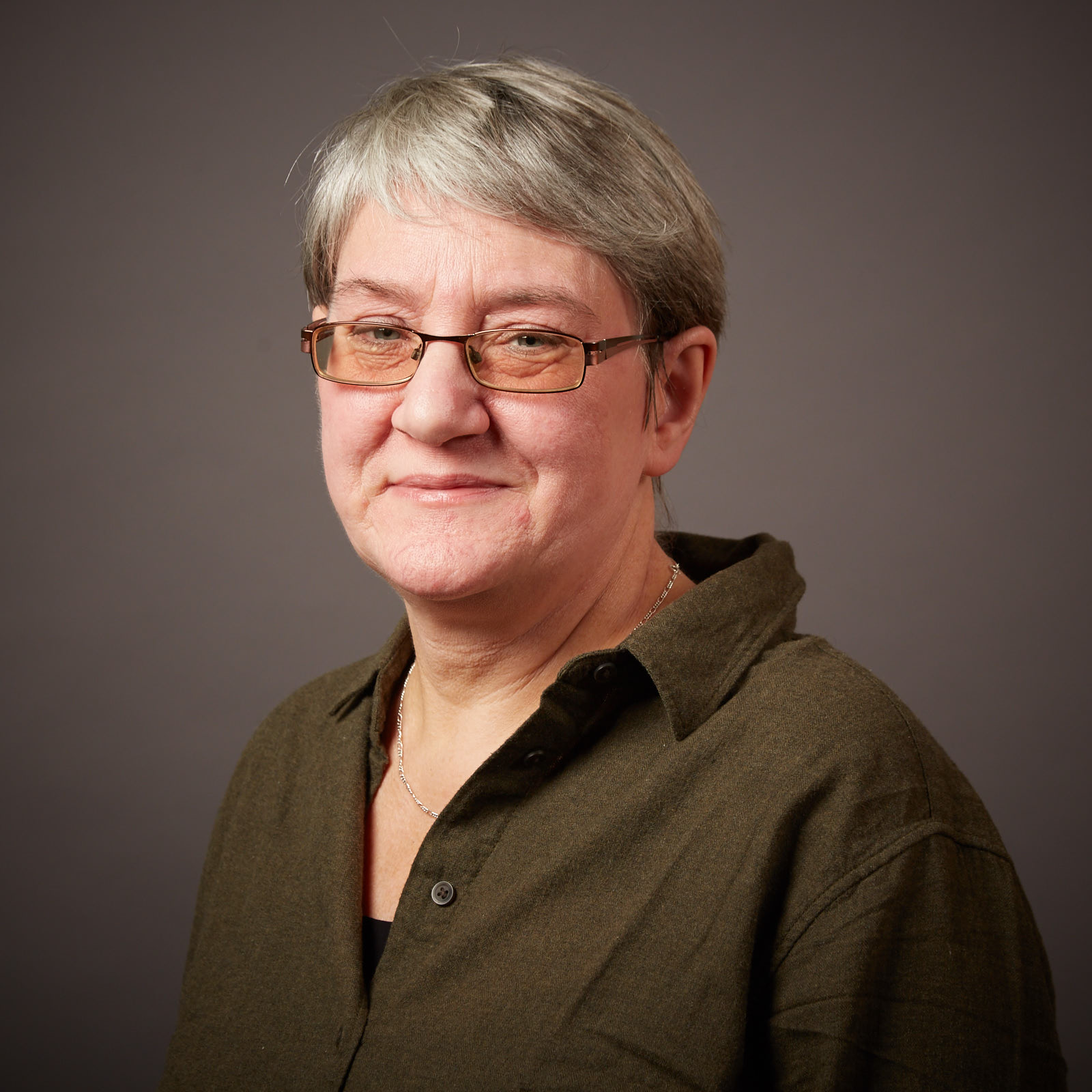
Dr Patricia Barton
Honorary Research Fellow, History at the University of Strathclyde
Patricia's current research includes the misuse and illegal market in quinine supplies in British India; drug standardisation and the history of patent medicines in South Asia; the history of pharmacy in South Asia; the environmental impact of water technology, specifically in the spread of epidemic disease, in British India; public health policies for women and children in South Asia. She is currently completing Quacks and Adulterers: Colonial South Asia's Other Drug Problem.
.jpg)
Dr Peder Clark
Wellcome Trust Research Fellow
Peder is a cultural and social historian of drugs and health in modern Britain. A Wellcome Trust Fellowship supports his current research on ecstasy (MDMA) and the drug’s risks and pleasures in late twentieth century Britain. More broadly, he is interested in visual culture, class, gender, and everyday life. He received his PhD from the London School of Hygiene and Tropical Medicine in 2019, and is the co-author of Placing the Public in Public Health in Post-War Britain, 1948-2012 (Palgrave Macmillan).
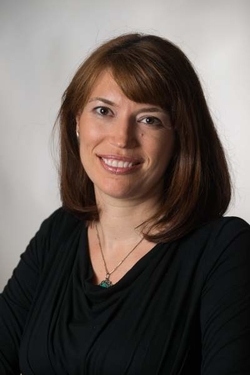
Dr Petya Eckler
Senior Lecturer in Journalism, Media and Communication at the University of Strathclyde
Petya’s work focuses on health communication and social media, often with a specific focus on body image and eating disorders. Petya works with health professionals, non-profit organisations, and young people on issues of safer use of social media relating to body image. She has published in international peer-reviewed journals and edited volumes and is the language editor of the European Journal of Health Communication.
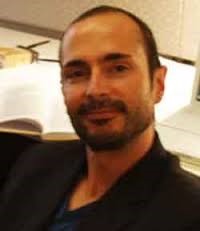
Matthew Eisler
Strathclyde Chancellor's Fellow and Lecturer at the University of Strathclyde
Matthew studies the relationship between energy and environmental politics and practices of contemporary science, technology, and engineering. He is particularly interested in the innovation dynamics of emerging fields of science-based industry including advanced materials, power sources, and energy conversion systems. He is working on a number of projects including his second book, a study of the industry and culture of electric automobile technology.
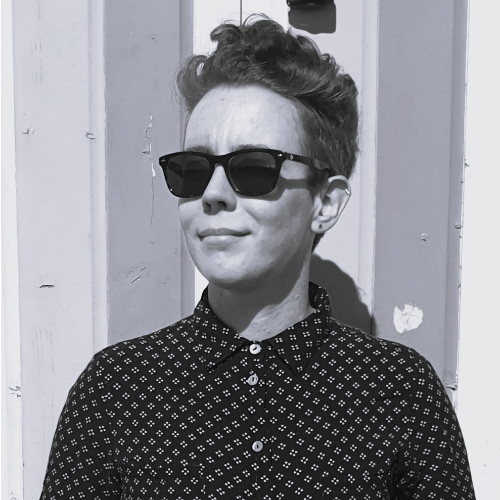
Hannah J. Elizabeth
Research Fellow at the University of Strathclyde
Dr Elizabeth is a historian of health, welfare, childhood, sexuality and activism. Their current Welcome funded research focuses on the history of activism around AIDS denial in the UK and Australia, building on their earlier work on the history of HIV in Edinburgh, and British HIV/AIDS education. Beyond HIV/AIDS histories, they’ve researched and published on topics as diverse as the history of sex education, smoking, polio, fuel poverty, hypothermia, lesbian health activism and zombies.
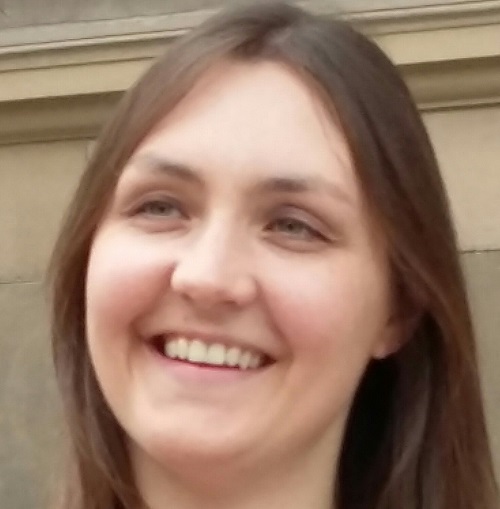
Catriona Ellis
Lecturer at the University of Strathclyde
Catriona’s main research interest is the global history of childhood and children and how changing concepts of age/generation intersect with other social identities, particularly caste, race, gender and disability. She is particularly interested in state and civil society interventions in the health of children in late colonial South Asia, including medical inspections and the introduction of nutritional supplements and free school meals. Her book Imaging childhood, improving children focuses on the expansion of welfare policies in the fields of education, juvenile justice and health in India in the 1920s and 1930s, and the impact of nationalism and constitutional change on this process. She is interested in ways of uncovering the agency and lived experience of children and has worked on autobiographies, court statements and the material culture of play
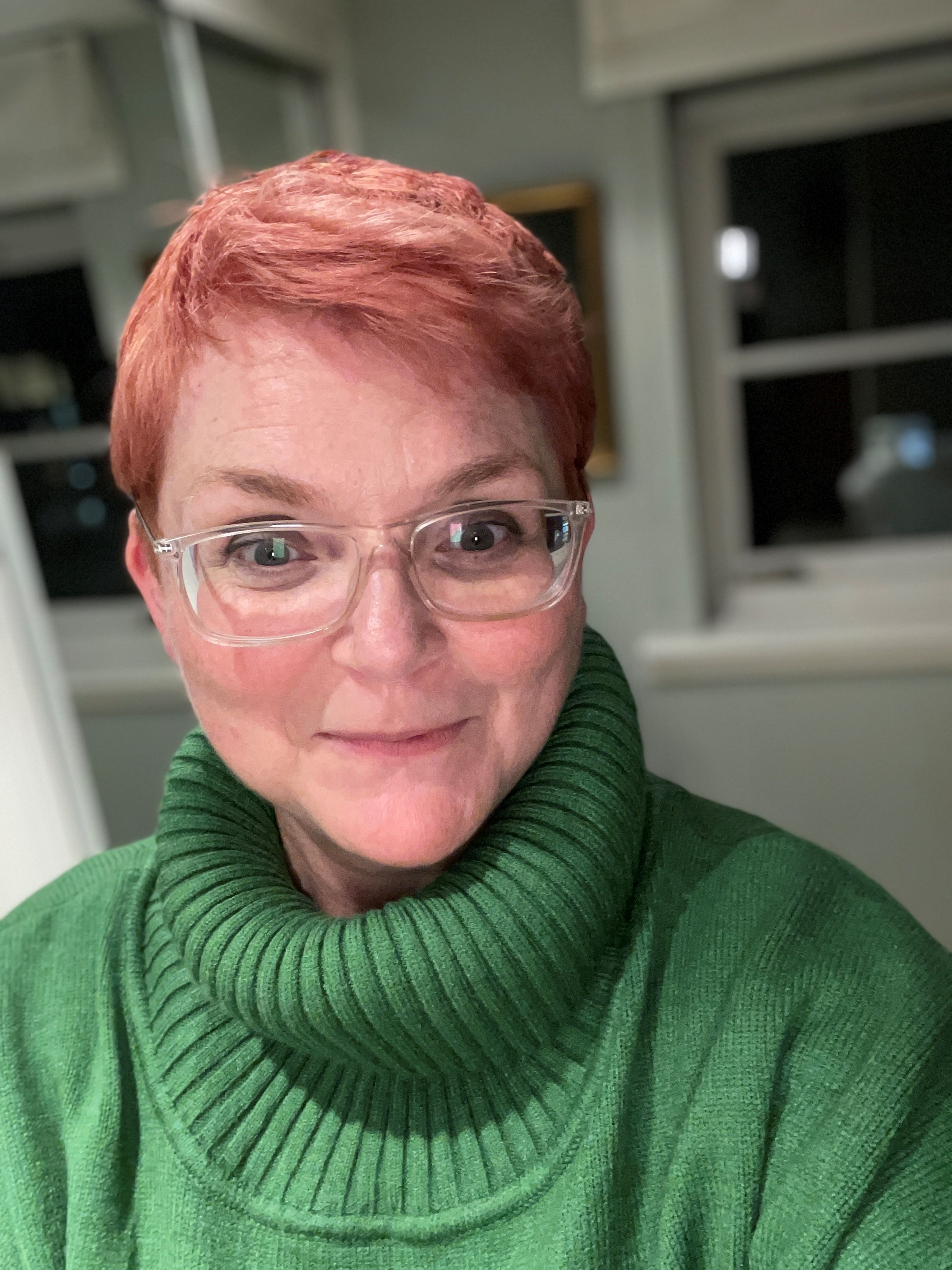
Erica Fudge
Professor of English Studies at the University of Strathclyde
Erica is the Director of the British Animal Studies Network, and her research focuses on human-animal relations particularly in the early modern period. She is interested in questions of care and of edibility and the links between the two, and her current work is looking human and animal fleshiness and at meat eating and meat avoidance in history.
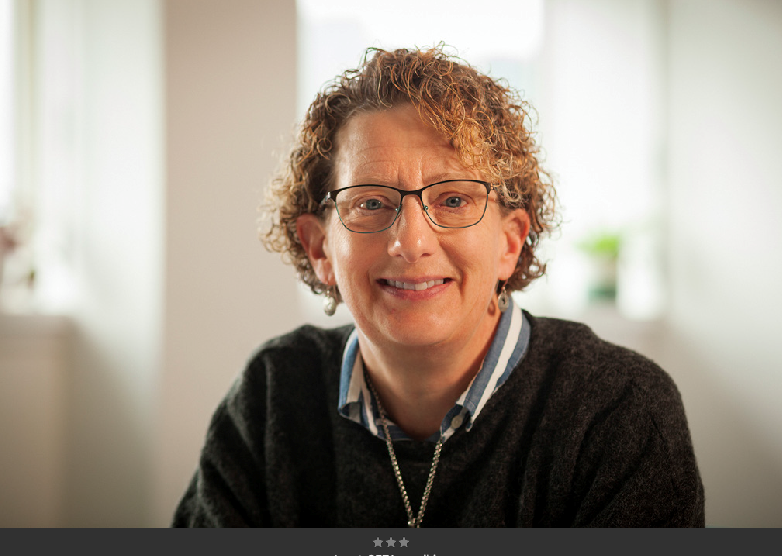
Dr Janet Greenlees
Glasgow Caledonian University Co-Director, Centre for the Social History of Health & Healthcare
Reader in Health History at Glasgow Caledonian University
Researcher in the Yunus Centre for Social Business and Health
Janet's research interests cover modern American and British health history, particularly issues related to maternal health inequalities, gender, labour and unhealthy environments.
Her research has been funded by the Wellcome Trust, ESRC, AHRC and numerous charities. She is currently Principal Investigator with Lindsey Earner-Byrne (Trinity) on an AHRC funded project ‘One-Parent Families and Vulnerability’ that seeks to connect historians, archivists and third-sector partners from the OECD countries of England, Ireland, Scotland, New Zealand and Australia.
Previous research centred around gender and labour and her monographs include: When the Air became Important: A Social History of the New England and Lancashire Textile Industries (Rutgers University Press, 2019) and Female Labour Power: Women Workers’ Influence on Business Practices in the British and American Cotton Industries, 1780-1860 (Ashgate, 2007).
Janet is a Co-Editor for the journal Social History of Medicine and is a Senior Fellow of the Higher Education Academy (SFHEA).

Professor Bernard Harris
Professor of Social Policy, Department of Social Work and Social Policy, University of Strathclyde
Bernard's research is concerned with various aspects of the social history of health and welfare since circa 1700. He has worked on a wide range of topics within this field, including work on the history of height, morbidity and mortality; unemployment and poverty; the relationship between statutory and voluntary welfare provision; and the origins and development of the British welfare state. He is currently working on two externally-funded projects relating to the history of the UK National Health Service(s) and the history of mortality decline. The first project, ‘Border Crossings: charity and voluntarism in Britain’s mixed economy of health care’ is a Wellcome-Trust funded collaborative award which explores the role played by charity in the development of the National Health Service(s) in each of the UK’s constituent countries. This work is being undertaken with Rosemary Cresswell and is part of a multi-University partnership with colleagues from the Universities of Birmingham and Glasgow, and the London School of Hygiene and Tropical Medicine. The second project is entitled ‘Water, sanitation and health in the first industrial society, 1780-1930’. It is financed by the UK’s Economic and Social Research Council and is being undertaken in partnership with colleagues at the University of Cambridge. As the title suggests, it explores the role played by improvements in sanitation and water supply in the decline of mortality in England, Scotland and Wales between the mid-eighteenth and early-twentieth centuries.
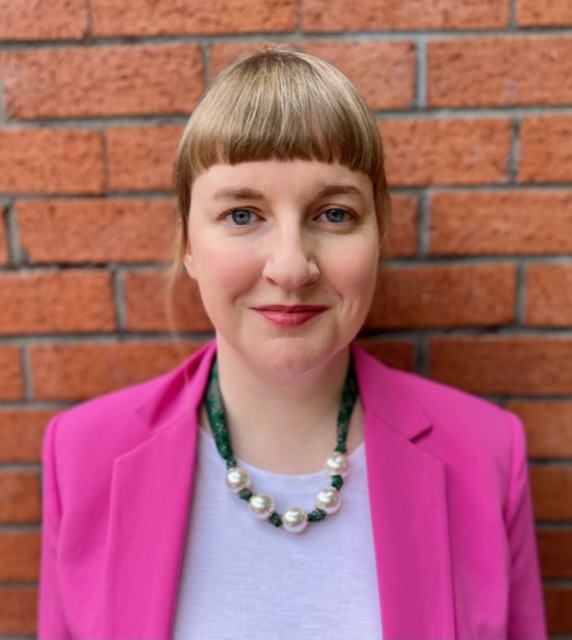
Dr Laura Kelly
Lecturer in the History of Health and Medicine at the University of Strathclyde
Laura Kelly is professor of modern Irish history at the University of Strathclyde. Her research focuses on the social history of medicine, gender history and oral history in modern Ireland. Her first two monographs explored the history of women in the medical profession in Ireland and the history of medical education and student culture respectively. Her most recent book, Contraception and Modern Ireland, a social history, c.1922-92 was published by Cambridge University Press in 2023 and emanated from a Wellcome Trust Research Fellowship in Medical Humanities (2016-21). More recently, her work has explored the history of pro-choice and pro-life activism in Ireland from the 1970s to 1990s. This has been funded by the Carnegie Trust and the Royal Society of Edinburgh.

Dr Jordan Kistler
Lecturer in Victorian Studies at the University of Strathclyde
Jordan is a scholar of Victorian literature, specialising in the representation of science and medicine. She is interested in suicide in literature, particularly the way this literature constructs the relationship between women and their doctors and the relationship between the female body and the disordered mind. She has previous published on blindness and disability in Victorian poetry. Her first monograph, Arthur O'Shaughnessy, A Pre-Raphaelite Poet in the British Museum, was published in 2016 by the Routledge 'Among the Victorians and Modernists' series.
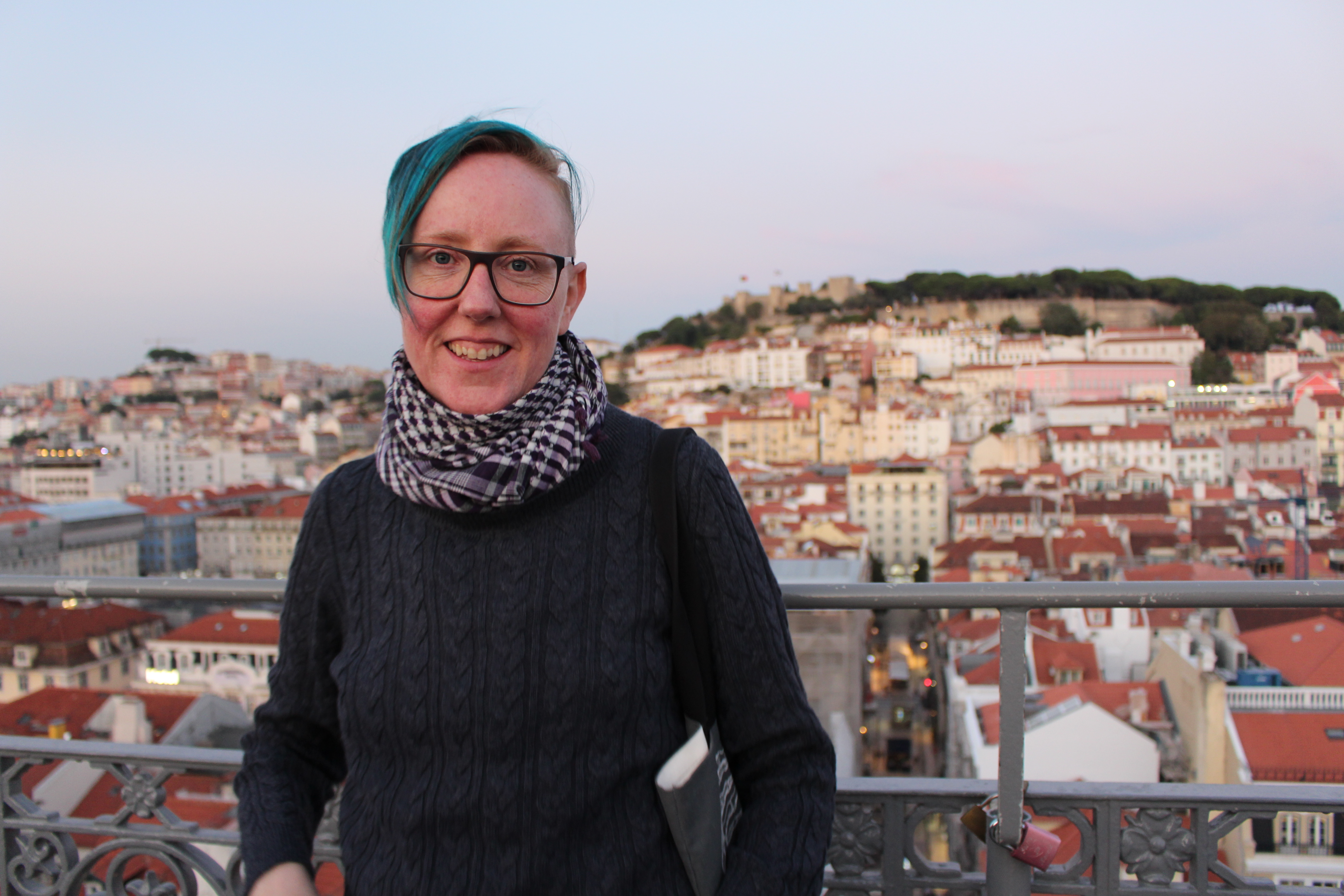
Dr Donna McCormack
Chancellor's Fellow
Donna McCormack is a Chancellor’s Fellow at the University of Strathclyde. She has recently completed an AHRC Leadership Fellowship on Transplant Imaginaries. Her research interests include postcolonial and anticolonial theories, queer and crip theories, biotechnologies (specifically organ transplantation), and contemporary science and speculative fiction. Her first monograph is entitled Queer Postcolonial Narratives and the Ethics of Witnessing (Bloomsbury Press, 2014), and she has articles in various journals, including Body & Society, European Journal of Cultural Studies, Somatechnics and BMJ Medical Humanities, as well as in edited collections such as Bodily Exchanges, Bioethics and Border Crossing (Routledge, 2015). She has coedited special issues of Somatechnics, BMJ Medical Humanities and European Journal of Cultural Studies. She is the coordinator of the Nordic Network Gender, Body, Health, as well as a founding member of the Monster Network.
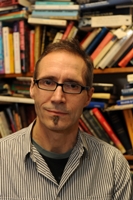
Professor Arthur McIvor
Professor of History, University of Strathclyde
Arthur's research interests are in the history of work and occupational health where he has played a significant role over the past two decades in applying an oral history methodology. His work thus lies at the intersection of the sub-disciplines of labour and medical history. He is currently working on three projects: the health impacts of deindustrialisation; the history of disability in British coalfield communities in the 20th century; and a history of occupational health during the Second World War.
.jpg)
Professor Jim Mills
Professor of Modern History, University of Strathclyde
Jim teaches and researches in two subject areas, the social history of drugs and narcotics and the social history of health and medicine in the British Empire. He has previously published on psychiatric institutions and encounters in colonial India, and on the history of cannabis in Britain and its empire. He is currently writing the history of cocaine consumption and control in Asia between 1900 and 1945.

Dr Emma Newlands
Lecturer in History at the University of Strathclyde
Emma is interested in military health and physical culture in the 20th century, particularly during the Second World War. In particular, she is interested in ways in which modern states have prepared civilian men for military service through bodily regimes. She has also conducted research into the medical and sicentific experiments that were carried out on military personnel during the Second World War. Her first monograph, Civilians into Soldiers: War, the Body and the British Army Recruits, 1939-1945, was publised by Manchester University Press in 2013. She was awarded a Chancellor's Fellowship from the University of Strathclyde in 2013 for a project on health and medicine in the post-war British Armed Forces. She is currently working on a knowledge exchance project to deliver history of health and medicine material as part of the Curriculum for Excellence in Scottish schools. This project, funded by the University of Strathclyde, brings together the CSHHH Glasgow, Learning Teaching Scotland, the Wellcome Trust Library, Glasgow Museums, the National Library of Scotland and the Royal College of Physicians and Surgeons of Glasgow.
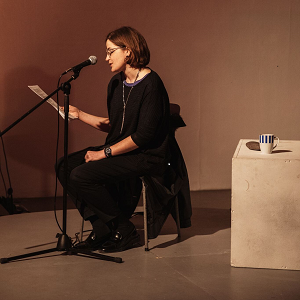
Dr Hannah Proctor
Wellcome Trust Research Fellow
Hannah's work explores theories of radical psychiatry, histories of Communist and anti-Communist approaches to the psy-disciplines, intersections between Marxism and psychoanalysis, and emotional histories of the left. She is currently a Wellcome Trust Research Fellow working on a cluster of British and American Cold War-era social science projects that attempted to define the 'Soviet mind'. She was previously a fellow at the ICI Berlin and completed her PhD at Birkbeck, University of London. Her monograph Psychologies in Revolution: Alexander Luria's 'Romantic Science' and Soviet Social History was published as part of the Palgrave Macmillan series 'Mental Health in Historical Perspective' in 2020. She is also working on a book for Verso tentatively titled Burnout: On the Psychological Toll of Political Struggle. She writes a regular column for the Culture section of Tribune magazine on politics and psychology, is a member of the editorial collective of Radical Philosophy, and is reviews/web/social media editor at History of the Human Sciences.
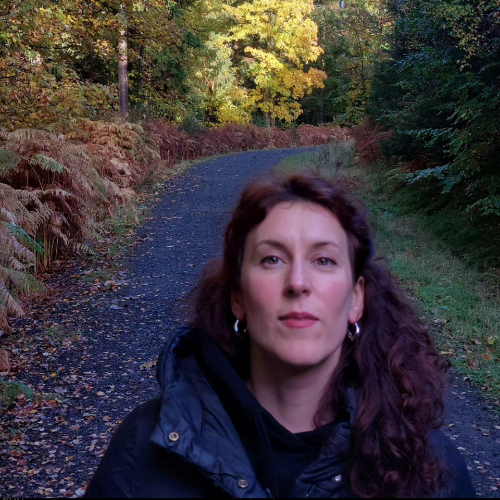
Milica Prokic
Knowledge Exchange Associate at the University of Strathclyde
Milica’s work brings together environmental history, knowledge exchange, and Visual Arts. As a researcher, she focuses on environments of violence and adversity, and the embodied and emotional experiences of humans within them. She has studied islands as sites of political incarceration and exile in the former Yugoslavia and the Mediterranean, as well as the histories of Yugoslav combatant women and their bodily experiences of wounding, scarring, pregnancy, childbirth and child loss in the environments of guerilla warfare. At the CSHHH, Milica works on knowledge exchange with the Scottish Parliament Cross Party Group for Medicinal Cannabis, a project that connects Humanities research and policy-making. She has also been part of the One Ocean Hub, where her knowledge exchange work includes collaboration with the UNESCO Intergovernmental Oceanic Commission. She holds a PhD in history from the University of Bristol and has held fellowships at the European University Institute, Max Planck Kunstihistoriches Institut in Florence, the Rachel Carson Center, and the University of Glasgow.
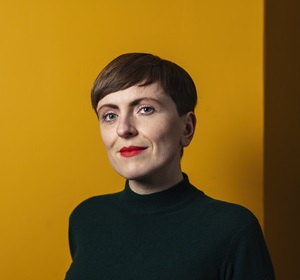
Dr Elsa Richardson
Co-Director of the CSHHH
Lecturer in the History of Medicine at the University of Strathclyde
Elsa is a cultural historian of health, medicine and psychology, with a particular interest in digestion, the science of nutrition, the history of vegetarianism and other alternative dietary cultures.
Recent research projects have examined Edwardian health reformers, the history of the radical publisher C.W. Daniel, interwar life reformers and health exhibitions in Victorian London. She has recently published Rumbles: A Curious History of the Gut (Wellcome Profile Books: 2024).
Since being named one of BBC Radio 3’s New Generation Thinkers in 2018, her broadcast work has included discussion and festival appearances, essays and interviews. She has contributed to the public programming of institutions like the Wellcome Collection and has collaborated on a number of curatorial projects.

Ben H Shepherd
Reader in History at Glasgow Caledonian University
Ben has written extensively on German counterinsurgency during the Second World War and has co-edited two volumes on guerrilla warfare and counterinsurgency across Axis-occupied Europe. His most recently single-authored book, Hitler's Soldiers: The German Army in the Third Reich (Yale University Press, 2016) is a major, general work examining the army's military performance, relations with the Nazi regime, and involvement in occupation and war crimes. In addition to this core research area, Ben has supervised PhD theses on health and the military in Britain and Germany during the first half of the twentieth century.
.jpeg)
Dr Fiona Skillen
Lecturer, Department of Business Management, Sport and Events at Glasgow Caledonian University
Fiona's research interests concern modern history in particular aspects of sport, gender, politics, social policy, health and changes in popular culture. She is particularly interested in the influence which dominant discourses concerning gender and modernity had on women's popular culture. Her PhD research focussed specifially on the ways in which these discourses impinged on and were negotiated by women who wished to participate in sport within the inter-war period. Her current research builds on this, focussing on women's participation in sport in the late 19th and early 20th centuries. In addition to this, she is also working on projects focusing on the sporting heritage of Glasgow and the history of Scotland's role in the Commonwealth Games.
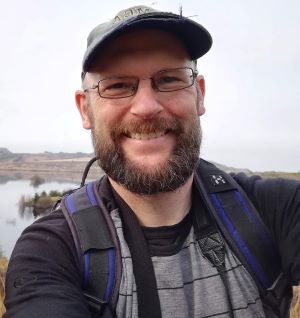
Professor Matthew Smith
Professor of Health History at the University of Strathclyde
Matthew works on the history of psychiatry and mental health, food and nutrition and allergy and immunology. His most recent book, The First Resort: The History of Social Psychiatry in the United States, was funded by an AHRC Early Career Fellowship. His research has also been funded by the Wellcome Trust, resulting in books on the history of ADHD and food allergy. One of his next projects, funded by a Royal Society of Edinburgh Small Research Grant, will explore the historical relationship between water and mental health. With Prof Cathy Coleborne, he co-edits the Palgrave series, ‘Mental Health in Historical Perspective’, which has published 30 books since 2015.
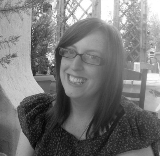
Dr Angela Turner
Research Associate at the University of Strathclyde
Angela received her PhD from the University of Strathclyde in 2010 for work on the history of learning disability in Glasgow. Since then, she has worked on a number of health related projects including a study of physical activity and learning disability for the Bailey Thomas Foundation at Glasgow Caledonian University and a project for Glasgow Life investigating experiences of volunteering and inclusion for the Glasgow 2014 Commonwealth Games. From 2011-2015, she was part of the UK wide research team working on a large Wellcome Trust funded collaborative project exploring the history of disability and industrialisation. She was subsequently CI for a small pilot project exploring disability in Scotland during World War Two for the Hudson Trust. Angela is currently an active member of teaching at the University of Strathclyde contributing to a wide range of classes and leading classes which focus on her research relating to disability history and to World War Two.

Dr Caroline Verdier
Senior Lecturer in French at the University of Strathclyde
Caroline is a specialist in French and Francophone Studies with expertise in 20th and 21st Century literature, Gender Studies and Medical Humanities. She has published extensively on a range of Francophone women authors, with an increasing focus on illness narratives and creative practices. She currently works on French-language abortion narratives and how they offer complex and nuanced perspectives.
She recently completed a Carnegie Trust funded project exploring the topic of Human papillomavirus (HPV) and the feelings of stigma and shame attached to it for women, capturing the experience of diagnosis and living with HPV through writing and art making.
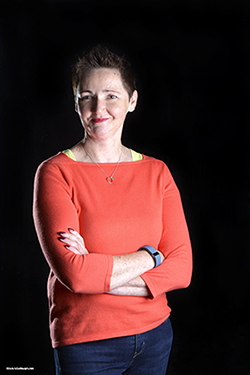
Professor Oonagh Walsh
Professor of Gender Studies at Glasgow Caledonian University
Oonagh's principle research interests lie in gender and medical histories, and in the 19th century history of Irish psychiatry in particular. She has published on a range of areas in modern Irish history including Protestant women's social, political and cultural experiences, the development of the asylum system in the west of Ireland, and 20th century obstetrics. She is currently finalising a report on symphysiotomy for the Department of Health (Ireland) and a monograph on the Irish asylum system in 10th century west of Ireland. She is at the early stages of two distinct research projects: the first relates to health and illness amongst Irish sailors in the Royal Navy, and the second is a study of possible epigenetic change as a result of the Great Famine.

